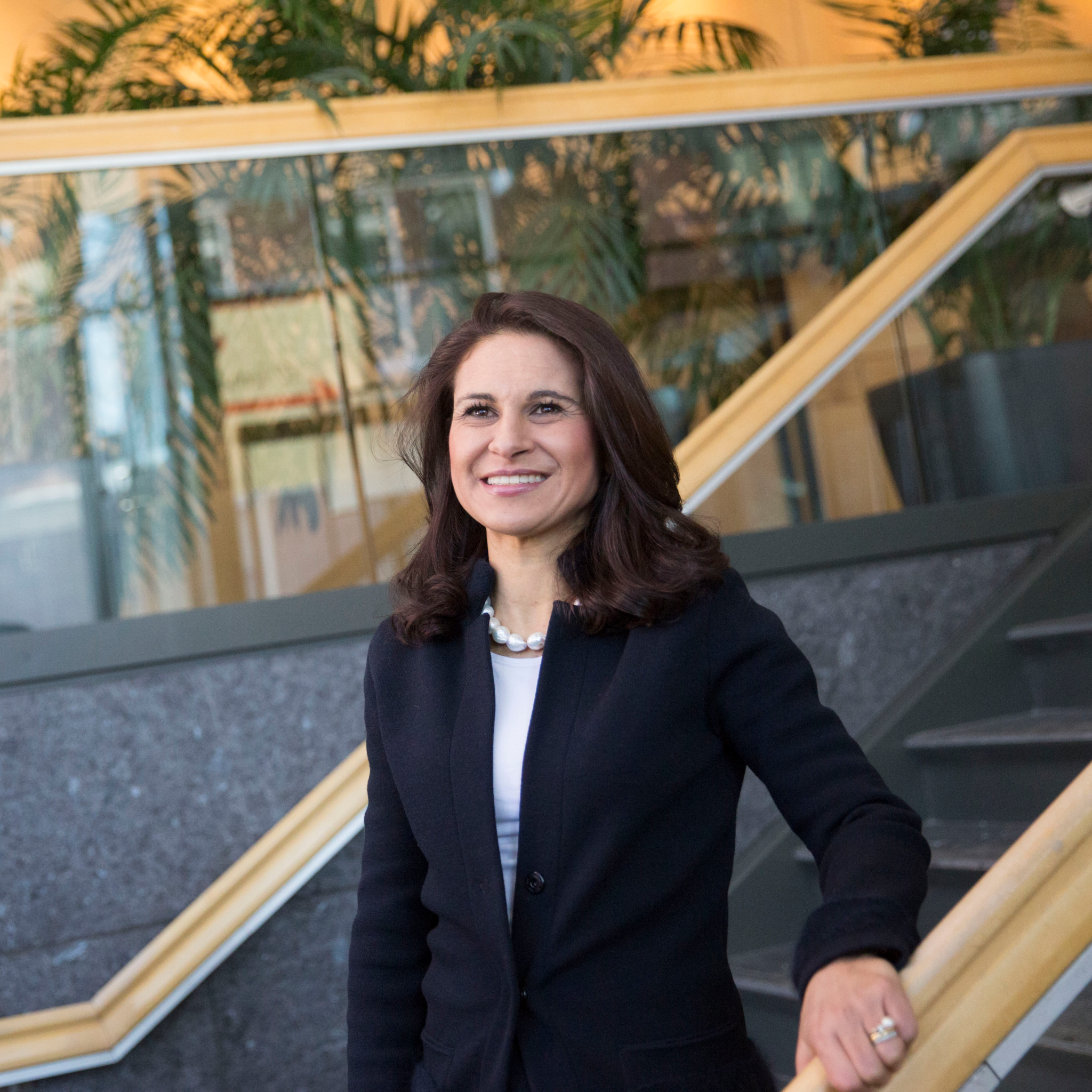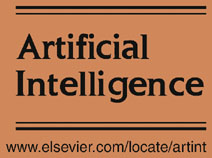Keynote Speakers

Francesca Dominici
Harvard T.H. Chan School of Public Health and Harvard Data Science Initiative, Harvard University, United States
Title
Uncertainty in AI: Solution or Obstacle for Climate Action?
Slides available online.
Abstract
Artificial Intelligence is revolutionizing research, education, and business—unlocking unprecedented opportunities across climate, health, and beyond. In our lab, we’re developing the first foundation model for healthy climate adaptation, pre-trained on the complete US Medicare dataset and enriched with nationwide Census, weather, and pollution data. This model enables powerful “what-if” scenario forecasting, using synthetic ground-truth data to validate counterfactual predictions and guide impactful climate actions.
Yet, this AI-driven progress comes at a cost: energy-hungry data centers power these advances, raising concerns about their environmental footprint and the paradox of AI’s growing electricity demand in a world striving to reduce fossil fuel reliance. In this talk, I’ll share insights from our work and explore AI's uncertain, double-edged role in the fight against climate change.
Bio
Francesca Dominici, PhD is the Director of the Harvard Data Science Initiative at Harvard University and the Clarence James Gamble Professor of Biostatistics, Population, and Data Science at the Harvard T.H. Chan School of Public Health. In 2024, she made the TIME100Health list for 2024: TIME100 Most Influential People in Global Health.
She is an elected member of the National Academy of Medicine and of the International Society of Mathematical Statistics. She leads an interdisciplinary group of scientists to address important questions in environmental health science, climate change, and health policy. She has published over 300 peer-reviewed articles and provided her knowledge on the topics on joint panels with New Jersey Senator Cory Booker and the European Commission). Dr. Dominici has provided the scientific community and policymakers with comprehensive and compelling evidence on the adverse health effects of air pollution, noise pollution, and climate change. Her studies have directly and routinely impacted air quality policy. Dr. Dominici was recognized in Thomson Reuter’s 2019 list of the most highly cited researchers–ranking in the top 1% of cited scientists in her field. The New York Times, the Los Angeles Times, BBC, the Guardian, CNN, and NPR have covered her work. In April 2020, she was awarded the Karl E. Peace Award for Outstanding Statistical Contributions for the Betterment of Society by the American Statistical Association. She advocates for the career advancement of women faculty, and her work on the Johns Hopkins University Committee on the Status of Women earned her the campus Diversity Recognition Award in 2009. She has led the Committee for the Advancement of Women Faculty at the Harvard T.H. Chan School of Public Health.

Elias Bareinboim
Causal Artificial Intelligence Lab, Department of Computer Science, Columbia University, United States
Title
Towards Causal Artificial Intelligence
Slides available online.
Abstract
While a significant portion of AI scientists and engineers believe we are on the verge of achieving highly general forms of AI, I offer a critical appraisal of this view through a causal lens. In particular, building on foundational developments in the field, I will present my perspective on the relationship between intelligence and causality — and the central role of the latter in building intelligent systems and advancing credible data science.
I frame this discussion in terms of five core capabilities that we should expect from an intelligent AI system:
1. Performing causal reasoning and articulating explanations;
2. Making precise, surgical, and sample-efficient decisions;
3. Generalizing across changing conditions and environments;
4. Generating and simulating in a causally consistent manner; and
5. Learning causal structures and variables.
In this talk, I will elaborate on this perspective and share current progress toward building causally intelligent AI systems. A more detailed discussion of this thesis is provided in my forthcoming textbook, a draft of which is available here: https://causalai-book.net/.
Bio
Elias Bareinboim is an associate professor in the Department of Computer Science and the director of the Causal Artificial Intelligence (CausalAI) Laboratory at Columbia University. His research focuses on causal and counterfactual inference and their applications to artificial intelligence, machine learning, and data science in biomedical and social domains. In particular, Bareinboim is a leading proponent and driving force behind the causal-based approach to AI, which he argues is essential for achieving more general forms of AI and capabilities such as decision-making (including reinforcement learning), explainability (including fairness analysis), and generalizability. His scientific contributions include the first general solution to the problem of 'data fusion,' providing practical methods for combining data generated under different experimental conditions and affected by various biases. Bareinboim currently serves as the editor-in-chief of the Journal of Causal Inference (JCI), the first journal dedicated to causal inference research, and as an action editor of the Journal of Machine Learning Research (JMLR), the premier journal focused on machine learning. He received his Ph.D. from the University of California, Los Angeles, where he was advised by Professor Judea Pearl. Recognized by IEEE as one of 'AI's 10 to Watch', Bareinboim has also received several awards, including the NSF CAREER Award, ONR Young Investigator Award, DARPA Young Faculty Award, Dan David Prize Scholarship, the 2014 AAAI Outstanding Paper Award, and the 2019 UAI Best Paper Award. His research has been funded by grants and gifts from public agencies and private institutions, including the NSF, ONR, AFOSR, DARPA, the DoE, NIH, Amazon, JP Morgan, and the Alfred P. Sloan Foundation.
Last updated: June 25, 2025 23:11 (UTC)




